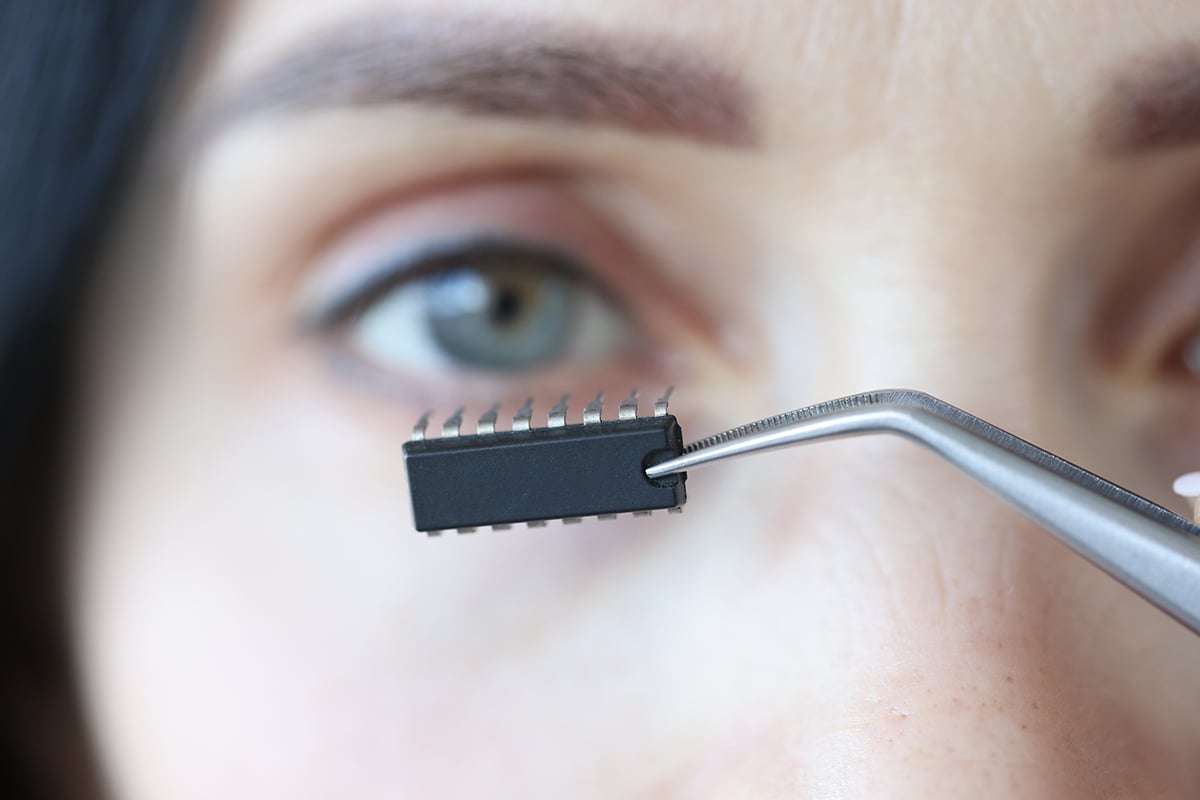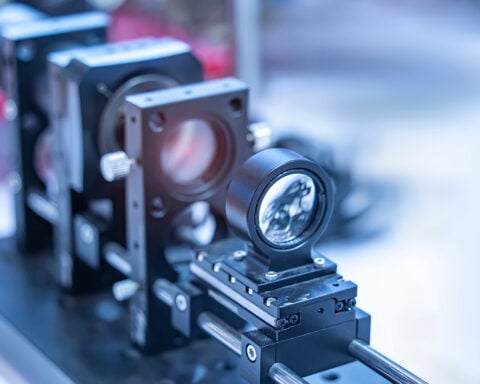An experimental brain implant that significantly improved the life of an epileptic patient has been forcibly removed after the company responsible for its manufacture went bankrupt. Rita Leggett, who had been diagnosed with severe chronic epilepsy at a young age, faced numerous challenges in managing her condition effectively until she received the Neurovista device, a brain-computer interface (BCI) aimed at detecting and alerting patients to upcoming seizures. However, due to the manufacturer’s financial woes, the trial was discontinued, and Leggett had to bid farewell to the device that had transformed her life.
Success and psychological impact of the brain implant
According to a report published in Brain Stimulation, the Neurovista device worked remarkably well for Leggett. Prior to its implantation, she experienced an average of three seizures per month, but with the device, she enjoyed seizure-free days. The BCI enabled her to take preventative medication, significantly reducing the occurrence of seizures. Furthermore, the device had a profound psychological impact on Leggett, providing her with a sense of control over her condition and improving her overall well-being.
Emotional turmoil and loss experienced by the patient
The termination order received from the manufacturer dealt a heavy blow to Leggett, who made attempts to retain the device to no avail. The removal of the Neurovista device against her wishes led to a period of mourning, with Leggett expressing a profound sense of loss. She likened the device’s deactivation to the loss of something irreplaceable and dear, as it had become an integral part of her life. Without the device, Leggett faced limitations in her ability to perform certain tasks, such as driving, socializing, and pursuing specific jobs.
The symbiotic relationship and ethical implications
The case of Rita Leggett sheds light on ethical concerns surrounding brain implants and the rights of individuals who benefit from them. The team responsible for the report highlighted the merging of Leggett’s identity with the technology, describing a symbiotic relationship wherein the device augmented her own capabilities.
These circumstances give rise to significant inquiries regarding the notions of ownership and accountability. By drawing a comparison to the film “Blade Runner,” wherein artificial intelligence entities resist their orders of termination, the researchers imply that the removal of the brain implant equated to terminating a newly formed individual brought into existence by the device.
Lingering emotional impact and future considerations
Although the Neurovista device was removed several years ago, Leggett continues to experience a sense of loss and longing for the security it provided. She expressed that the device had instilled in her a feeling of safety, confidence, and happiness that she has been unable to replicate since its removal. The emotional attachment she developed towards the device further highlights its significance in her life.
A cautionary tale of reliance on experimental medical technology
Rita Leggett’s journey with the Neurovista device serves as a cautionary tale, shedding light on the potential ramifications of relying on experimental medical technology. The financial collapse of the device’s manufacturer led to the removal of a life-improving implant, leaving Leggett with psychological distress and diminished functionality. The case raises important ethical considerations regarding the rights and responsibilities associated with such innovative technologies. As medical advancements continue to evolve, it becomes crucial to ensure that patients’ well-being and autonomy are safeguarded, even when circumstances surrounding manufacturers change.







